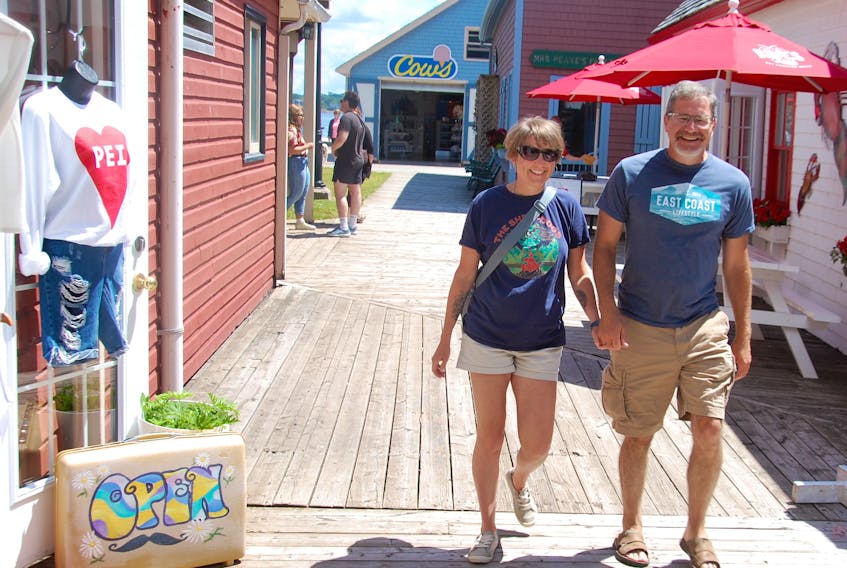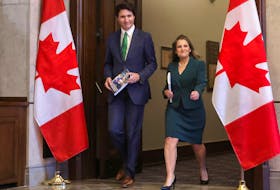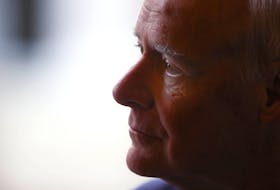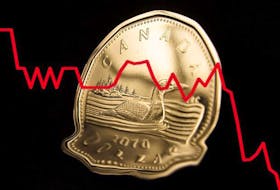Approaching the middle of August, Prince Edward Island's economy is entering a stage where we can assess the seasonal cycle. We can evaluate the success of our tourism season, and the effectiveness of our reopening. Having spent 25 years as a tourism operator outside Charlottetown, the seasonal peak always occurred prior to Old Home Week when traffic starts to migrate toward the capital centre. So this is a good time to calibrate register receipts.
But reliable data is in short supply. By observation, I would concede that Island business experienced a burst of enthusiasm through each successive stage of economic reopening. The pent-up energy of buying ice cream, browsing retail, dinning out or getting a haircut was intense; but now satisfied.
As increased competition for share of wallet spreads the local purchasing power across many seasonal businesses, the influx of tourists has been appreciated, but muted, as measured in traffic flows.
The long-lasting consequences of the pandemic shutdown is an adjustment to consumerism. Shelter in place, eat at home, shop online and suspend travel. These are economy-breaking behaviours, which will take time to readjust.
Business continuity
After a false-start in March, P.E.I. Premier Dennis King recast his economic guidance taskforce in the middle of May. This is one of the most diverse and impressive group of industry leaders recently assembled, under the banner of the Business Continuity Group (BCG). There is strong thought-leadership embedded, but the group is unwieldy.
A quarter into the BCG mandate and with little communication outside a twitterbot that rebroadcast a few community tweets, the business community is ravenous for the promise offered in the group’s inception.
Reliable, decision-worthy data lags too long in a responsive environment. Even Jerome Powell, U.S. Federal Reserve chairman, is looking at non-standard, high-frequency data to make assessments — data like credit card purchases. What he has seen in the U.S. is an economic uptick in May and June where consumer spending recovered half off the March lows and employment recovered one-third of their losses. But in July, partially from viral resurgence, credit card purchases have slowed, and small business job growth is stalling.
This data is not perfect, but it is the best available. The diversity of the BCG and the breadth of industries touched can provide real-time, generalized analytics on accommodation bookings, retail sales, tourism investment, manufacturing and business purchases. This information is essential for all Island small businesses when forecasting investment, hiring or compression into the fall. We need to release this data.
Weekly updates
I would appeal to the premier to release preliminary findings, not the euphoric economic restart optimism, but practical trending data and provide this information in real-time on a weekly basis. Business needs current information on which to make informed decisions.
If elements of the economy are performing well — and some sectors absolutely are — this is great news. If sectors are suffering — and unquestionably some are — then use this data for policy directives to induce and support industry.
Our seasonal economy is within a quarter of annual suspension. The economy needs a plan for the “off season” with federal CERB and rental rebates winding down, the economic underpinnings will feel the challenges deferred from spring.
The premier has mused about encouraging Islanders to apply tourism dollars locally. Perhaps economic inducements can be offered to Islanders this fall/winter.
New initiatives
In 1891, the Merchant Bank of Prince Edward Island issued bank notes. Can the government issue a 10-per-cent Buy-P.E.I. credit for local money spent in our Island bubble?
This encourages a local spend and multiplication benefit at a time when our domestic Island economy will be entirely self-reliant … but still competing with Amazon, Walmart and Costco.
Keep the spend-and-tax revenue local. Easy decision!
Island business should be extended provincial benefits to maintain post-seasonal employment, or even add new hires. This should be paired with the return to school plan and a goal of recovering our labour participation rate to an aspirational 75 per cent.
Our government could offer business interruption insurance, available to companies that can demonstrate a year-over-year decline of a measurable percentage, lagging by a quarter to support stabilization.
Construction carries our economy; as goes construction, so goes our economy. But population is required to continue this run. According to the province's population projections in September 2019, our natural population rates turns negative in seven years. Now is the time to work on an Employ P.E.I. strategy to attract professionals who are eager to live in our pristine (COVID free) environment and contribute to our economy. (We see these people regularly through my recruitment firm).
More difficult, the government needs to articulate a strategy to taper investment or redirect its budget to economic stabilization. Spending cannot continue in all directions – but investing in the economy will increase revenues.
The Business Edge is always happy to dispense free advice, the value of which is equivalent to the cost. Perhaps other Islanders can contribute to this conversation on our collective economic future.
Blake Doyle is The Guardian's small business columnist.









